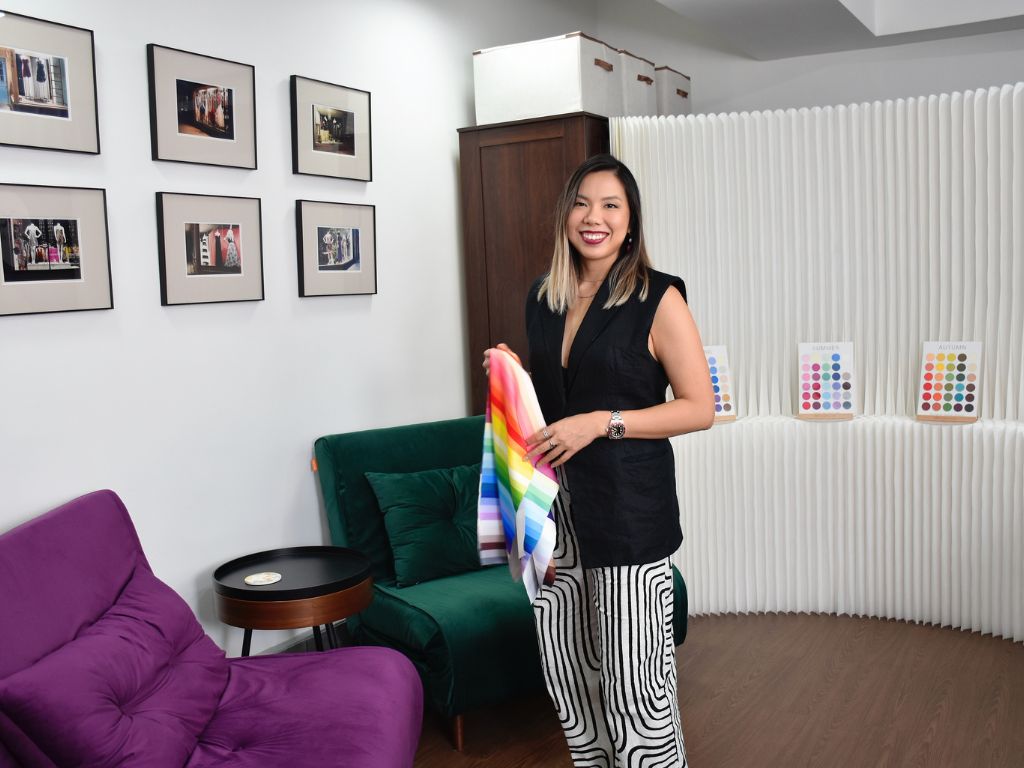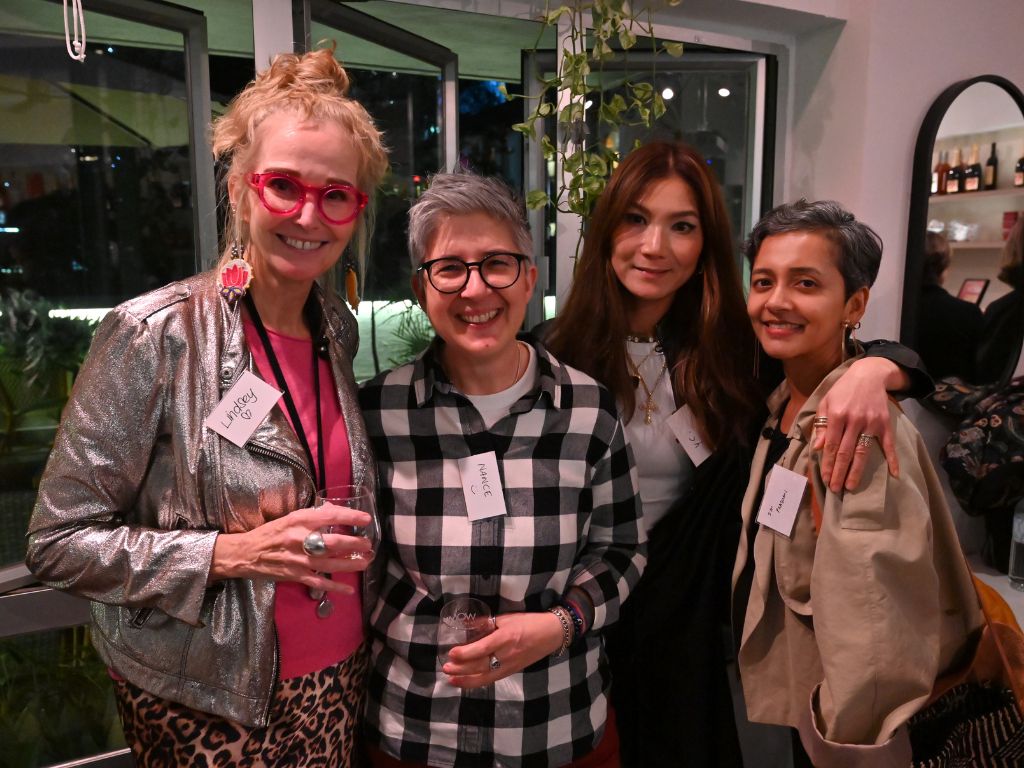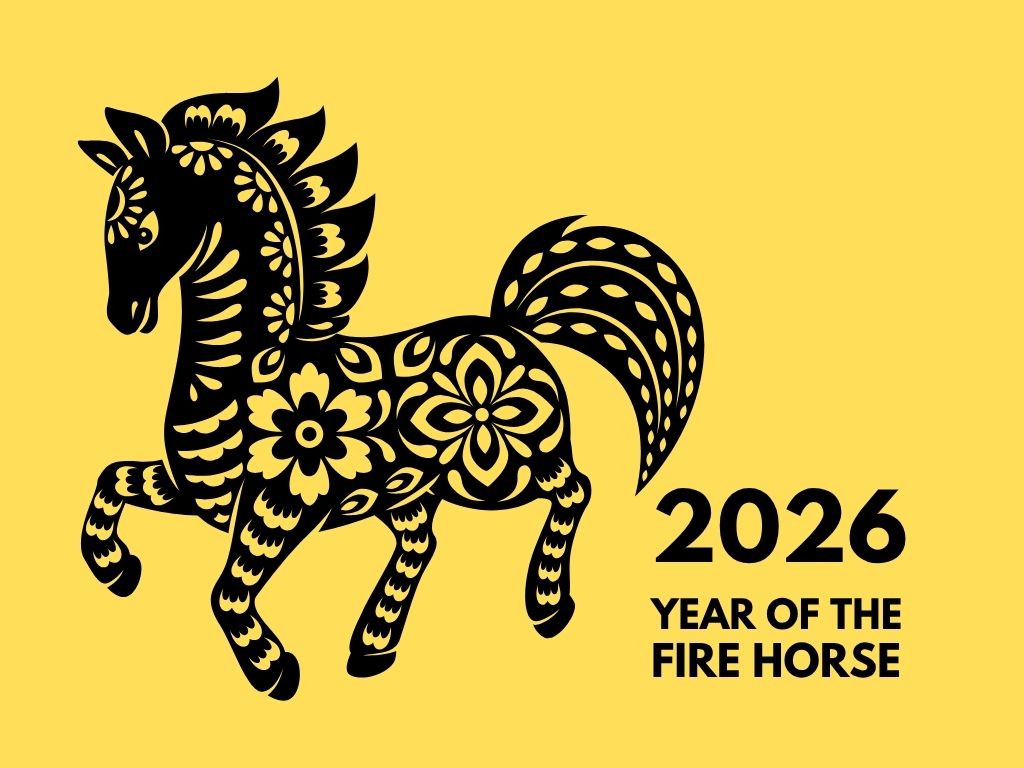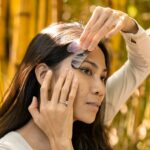Sheltering the Aged
Being Neighbourly x Sandy Macalister, CEO, Helping Hand
- Author/ Being Neighbourly
Share

As Hong Kong’s population ages, the future challenges facing the elderly and their relatives in Hong Kong are likely to be similar to what they are now, says Sandy Macalister, CEO of Helping Hand. That is, he elaborates, limited affordable and suitable housing for elderly individuals, with many facing challenges in finding appropriate accommodation that caters to their needs; social isolation and loneliness due to family dynamics, mobility issues, or living alone, and mental health issues like depression and dementia.
Thankfully, Helping Hand exists to offer assistance. A local NGO established in 1978, the focus of the past was largely on ensuring physical safety and health, says Macalister, continuing, “As social understanding of aging has progressed, there has been an increasing recognition of the importance of holistic care — addressing not just the physical, but also the psychological, social, and emotional factors that contribute to overall health.”
The NGO manages six senior homes in Hong Kong and an integrated elderly home in Zhaoqing, a city in Guangdong (3-5 hours away from the SAR by train or bus), that serves Hong Kong residents.
It now provides professional services including physical and occupational therapists to improve mobility and functionality, social workers to help residents navigate social services, support systems and family dynamics. The NGO holds various events and activities during the year to foster connectively and community among residents.

Their definition of ‘elderly’ is surprisingly young, “We accept elderly aged 60 and up in our three self-care homes, providing housing for those who are capable of caring for themselves but require assistance due to family, financial, or other reasons,” says Macalister, adding that they accept elderly aged 65 and up for the three government-subsidized nursing homes, where we provide services such as housing, meals, nursing care, personal care, rehabilitation, and counselling to the elderly who are frail or suffering from dementia and are unable to care for themselves.
In Zhaoqing, Helping Hand operates and manages a large-scale comprehensive nursing home that offers retired Hong Kong elders (including those on the waiting list for subsidized nursing homes and those suffering from dementia) an immediate and low-cost new retirement option.
They also operate a Holiday Centre for the Elderly in Cheung Muk Tau, Sai Kung, which offers innovative and engaging activities as well as easily accessible lodging to encourage and enhance senior participation in the community. There, they accept seniors aged 55 and up to use their services. Macalister says that they may also bring four relatives or friends aged 55 or younger to encourage multigenerational activities.
“Needy elderly individuals in Hong Kong often live in substandard housing or face difficulties maintaining their homes. They may also be at risk of homelessness or living in unsafe environment,” says Macalister. Gone are the days of multi-generational living. According to Macalister, Hong Kong living space is limited and few families can afford to live with multiple generations. “Financial constraints may prevent younger generations from moving out of multigenerational housing, especially those living in poverty, causing a slew of family relationship issues. This is one of the reasons we operate self-care homes: to provide a home for the elderly who require accommodations due to family or financial issues. Our self-care homes not only provide them with a safe place to live, but also encourage them to support one another and organise a variety of activities for them to enjoy their retirement life.”

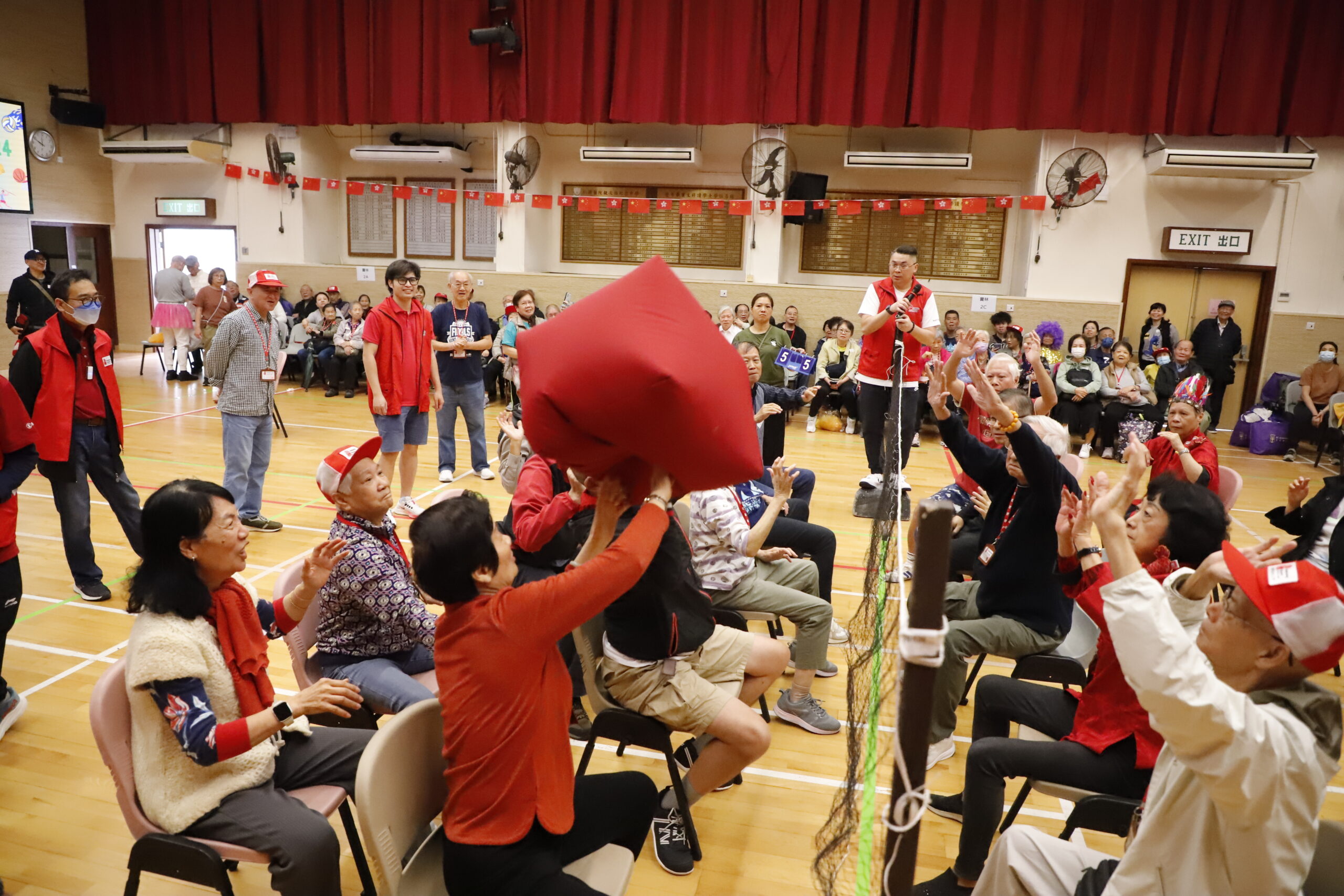
Macalister says that the elderly can contact Helping Hand directly with regard to self-care home services and our services at the ZQ Home, but that the NGO also collaborates closely with social service units, such as the District Council and other NGOs, to make referrals. With regards to Care Homes, the elderly need to apply and be referred through the Social Welfare Department. To date, they have yet to receive any self-applications from non-Cantonese-speaking elderly.
He adds that some locations still have a few open spaces. “The Social Welfare Department manages Care Home availability, and they are typically fully occupied. Due to Hong Kong’s ageing population, as well as the public’s acceptance and government’s support for living in Greater Bay Areas, we anticipate that more elderly residential facilities will be established on the mainland for Hong Kong’s elderly.”

Accommodation aside, Helping Hand runs programmes such as the ‘Hot Meal Project’ and the ‘Goodie Bags Project’, which provides hot meal lunch boxes and daily products to the elderly who live near their elderly homes on a regular basis. They also encourage their elderly residents to volunteer and deliver lunch boxes to those who have mobility issues, Macalister shares.
Arguably, the best-known of Helping Hand campaigns is their ‘Cookie Campaign’, which is launched in March every year and is their “most significant fundraising initiative. The proceeds raised go directly towards covering the operational expenses of our homes, including the cost of facilities and services. They will also be utilized to plan different activities for the residents, providing them the opportunity to live more contented, enjoyable and meaningful lives,” Macalister says.
“We are constantly seeking campaign sponsorship from corporations as well as selling venue to support the campaign. The public can also purchase the cookies from our online store or make direct donations to support us,” says Macalister.
Helping Hand has made several changes to their cookie recipes and packaging throughout the many years that it has run, and in 2025, they will be introducing a new package design.
“The Government does not provide any subsidies for our self-care homes, we need to totally rely on donations to maintain the services,” says Macalister, adding that they encourage the elderly to stay active and to socialize regularly. “An active social life improves both mental and physical health.”
What is the best part of what you do?
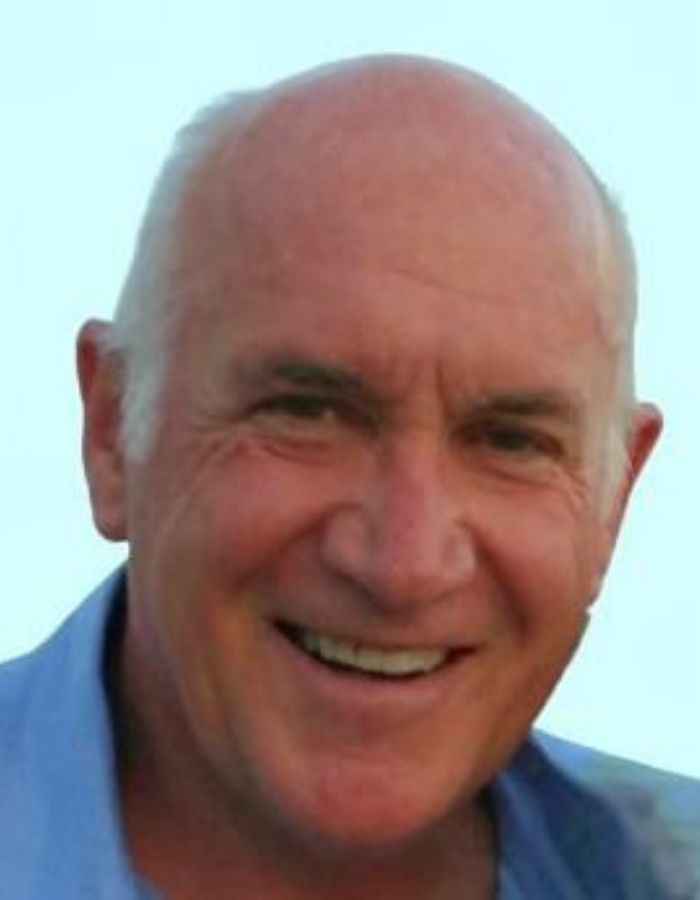
“Without support or good fortune, it is extremely hard for anyone to age with dignity. Helping Hand believes that it is everybody’s right to age with dignity, and I find it so uplifting and such a privilege to see these wonderful elderly, to whom we owe so much, living their final years with great dignity, wonderful care and in such happy and fun environments,” says Sandy Macalister, CEO, Helping Hand.
“I am constantly learning and relearning what it means to be ‘elderly’ and am reminded every day of what is really important to us at the end of our natural lives. I find this role constantly sharpens and realigns my own values in terms of family, friendship and how we spend our time on earth.”
Helping Hand
12 Borrett Road, Central.
- +852 2522 4494
- [email protected]
- www.helpinghand.org.hk
Share
About the Author

Being Neighbourly
For over 20 years, the people behind BN have been creating content on the best things in life: food, travel and inspirational people.
Coming Soon:
Available soon in our Shop!
Snippets
Stay Up To Date
Want the latest insights and fresh content delivered straight to your inbox? Subscribe to our newsletter and stay updated with our exclusive content!

